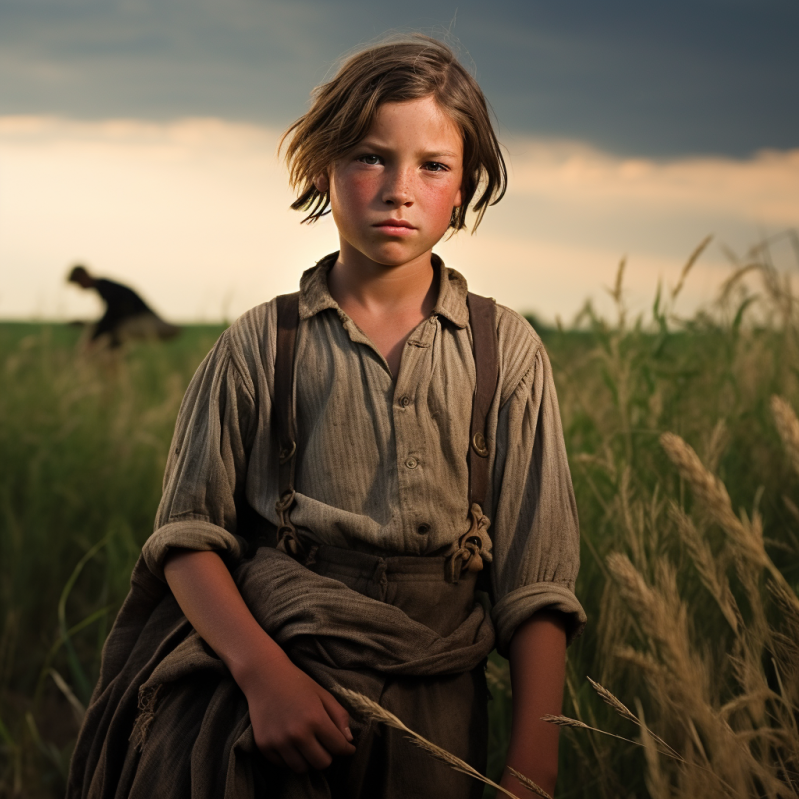“My Antonia” by Willa Cather is a novel that follows the life of Jim Burden, a young boy who moves to the Nebraska prairie in the late 19th century. He befriends Antonia Shimerda, a spirited and resilient immigrant girl from Bohemia. The story explores their deep friendship and the challenges they face as they navigate the harsh realities of pioneer life, including poverty, cultural clashes, and personal tragedies. Through Jim’s nostalgic recollections, the novel captures the beauty of the American frontier and celebrates the enduring spirit of Antonia.
Thursday December 15th
2:30 – 3:30 pm
Discussion Questions
- The prologue is told from the point of view of an unnamed speaker, who grew up with Jim Burden and meets him years later on a train. Is this person a man or woman? Why might Cather have chosen to open the novel this way?
- After the prologue, narration switches to Jim Burden, who paints the story from the eagle’s perch of adulthood. Why did Cather choose Jim, a corporate lawyer living on the East Coast, to tell an American frontier story? Is Jim a reliable narrator?
- When first exposed to the Nebraska frontier, Jim feels overwhelmed by the environment and recalls: “Between that earth and that sky, I felt erased, blotted out. I did not say my prayers that night: here, I felt, what would be would be.” How does Jim enjoy this newfound sense of being a small part of a vast universe, and how is his reverence for nature and the seasons reflected in the course of the novel?
- Cather contrasts characters who stay rooted to the land and those who emigrate or travel. Does Ántonia have stronger ties to Bohemia or to Nebraska? By the end of the novel, who seems more rooted in Nebraska, Jim or Ántonia? Do you think the conflict she feels is also felt by immigrants today?
- At times, Jim seems infatuated with Ántonia, yet their relationship does not progress romantically. Yet, after Wick Cutter’s failed assault, Jim says that “I hated her almost as much as I hated Cutter. She had let me in for all this disgustingness.” Similarly, Jim never crosses the line with the seemingly more available Lena Lingard. Why are these characters ambivalent and/or squeamish about sexuality? Do their attitudes change during the course of the story?
- The novel is concerned with the pursuit of happiness and the pursuit of success. Do you think these two pursuits are one and the same in the novel? Does Ántonia achieve this kind of happiness? Can the adult Jim ever achieve this kind of happiness?
- Willa Cather observed, “I have not much faith in women in fiction.” Yet, Ántonia may be considered a heroic figure, while other strong women populate the novel, such as Grandmother Burden. Do her female characters seem nobler or better than their male counterparts? Why did Cather choose a male narrator?
- The epigraph for “My Ántonia” is a quote from Virgil: “The best days are the first to flee.” What is the significance of this quotation, and how does it relate to the book’s last line: “Whatever we had missed, we possessed together the precious, the incommunicable past”? In what ways can the novel’s early days, with their scenes of poverty, hunger and loss, be described as the best?


